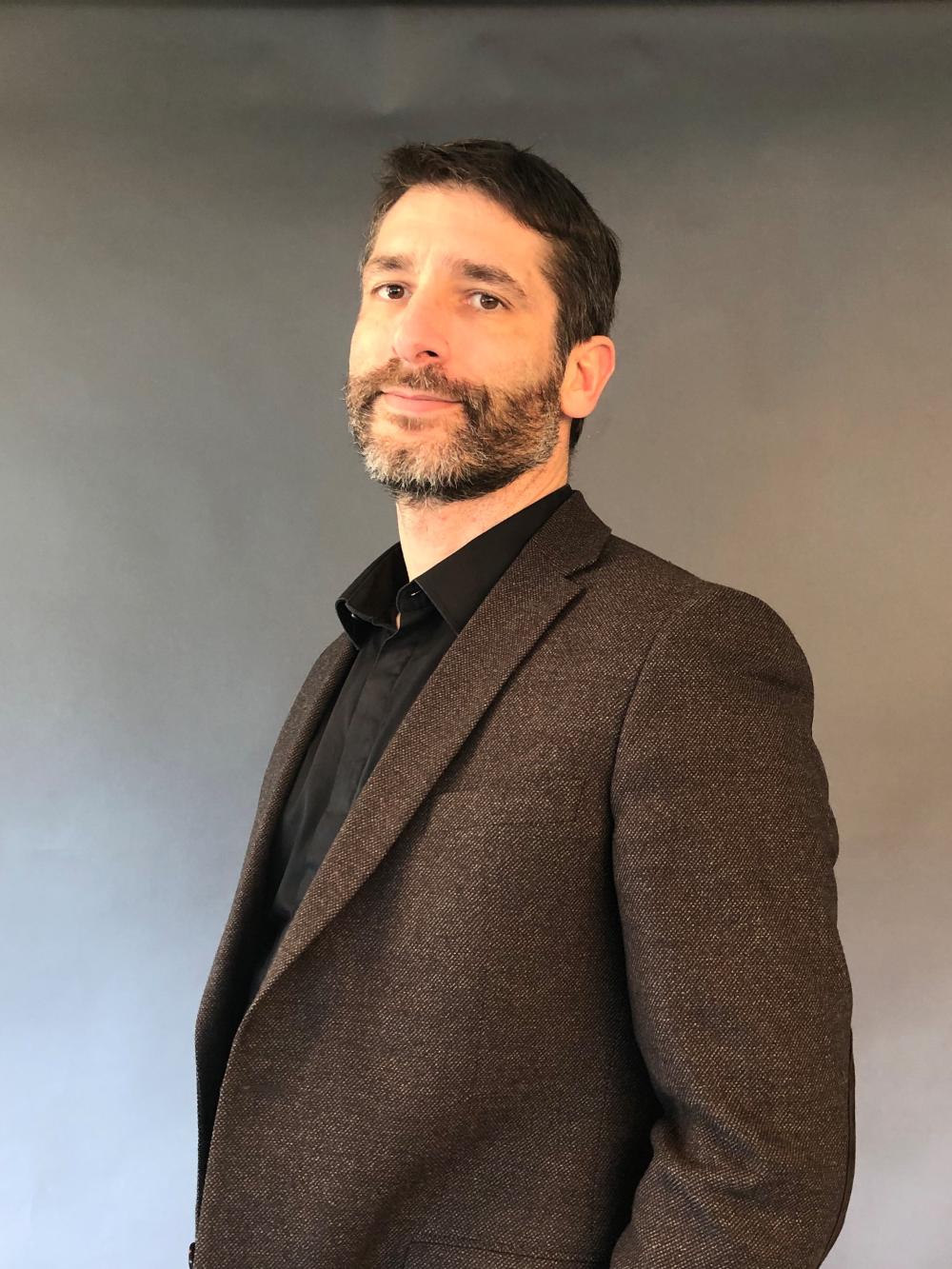Ressources dossier
Food, Global Health3 questions to Alexandre Cavezza, Executive director of metagenopolis
Published on 11 October 2022

What are the assets of MetaGenoPolis ?
Cutting edge of technology and ISO 9001 certified processes.This is the case, for example, with the biobank and its barcode and automation system, which allows us to store nearly 600,000 faecal samples in a standardised and secure manner. We also have several robotic platforms for high-throughput metagenomic analysis. This involves both quantitative analysis of the microbiota to determine its composition as well as functional metagenomics to understand the interactions between the microorganisms and their host. These are very powerful technologies that allow a large quantity of samples to be analysed in a very short time.
What are your ties with industry?
There are many, and this is what the pre-industrial demonstrator is all about. We work with private and public partners mainly through research collaborations. MetaGenoPolis is at the interface between public research and private players. MegaGenoPolis conducts outstanding research, with nearly 150 scientific publications in top-ranking journals since its creation. We capitalise on this scientific knowledge by working with industrial partners, in particular concerning the proof of concept, a key stage in the transition from fundamental research to industrial development. This is a delicate and costly stage that our structure makes possible. One example is the design of the Amibiote baguette, a bread enriched with plant fibres, which is proper food for the bacteria in our microbiota and has been marketed since 2019. Our results are also being exploited through the creation of start-ups: MaaT Pharma, Enterome, which develops new drugs that interact with the microbiota, and Novobiome, which develops drugs containing living microorganisms that have a positive influence on the health and physiology of the host.
What are your prospects?
We have two major structuring projects that are at the centre of our activity. The first, The French Gut, consists of characterising the gut microbiota of a cohort of 100,000 people living in metropolitan France. This will enable us to create knowledge and develop partnerships with both public partners such as Inserm, the Paris Public Hospital Authority (AP-HP) and the CEA as well as with industrial partners through a consortium and thus create common value.
The aim in particular is to gain a better understanding of the heterogeneity of healthy French gut microbiota, the environmental and lifestyle factors that impact them, and their deviations in chronic diseases. The other project to which we will contribute is the “Ferments of the Future Grand Challenge”, of the “Sustainable food for health” acceleration strategy of the French Investments for the Future programme (PIA4), whose objective is to understand the impact of ferments on our health and on the microbiota in order to give them their rightful place in the healthy and sustainable food of tomorrow.
-
Elodie Regnier
Author / Translated by Alessandra Riva
